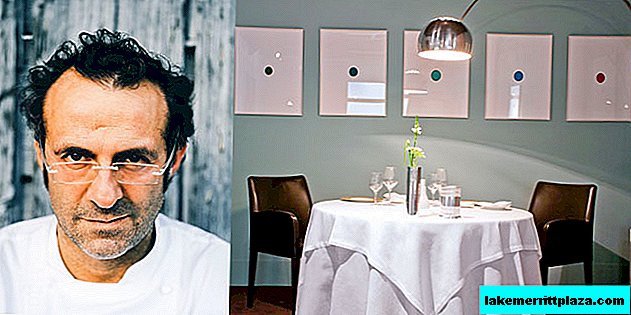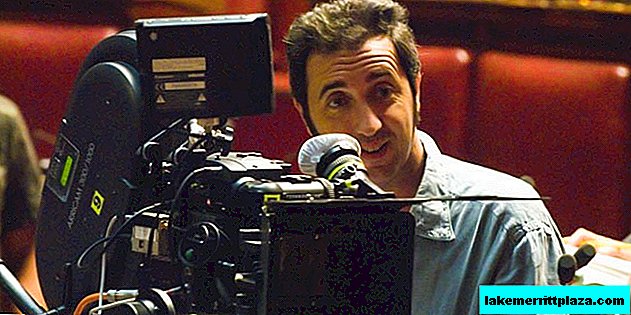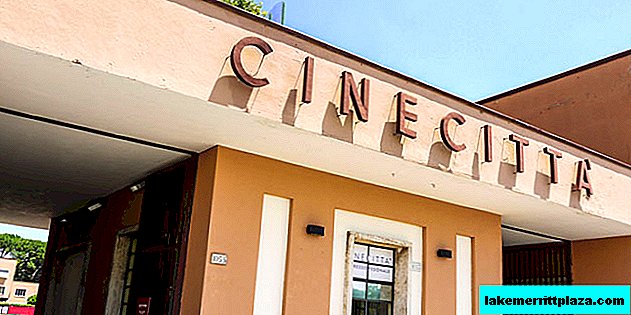In Italy, the world's first "sensitive" artificial arm was developed: it returns tactile sensations to patients with amputations. Success completed the final testing of the project Lifehand2, in the forefront of which the leading research centers of the country participated. The new prosthesis is able to transmit tactile sensations to the brain and in the same way to control the compression force based on the received commands.
In Italy, the first "sensitive" bioelectronic arm was tested. An experiment conducted on a Dane with an amputated left arm showed that innovative development it really conveys tactile sensations to the human brain, and also allows you to move objects using only the necessary level of strength. The results of the success, which Italian companies made a considerable contribution to, were published in the scientific journal Science Translational Medicine.

The prosthesis was named LifeHand 2. An artificial arm attached to the amputated shoulder can not only move in accordance with the commands given by the brain, but also transmit tactile sensations. This result was the result of an international project, one of the main participants of which was Italy.

The project was coordinated by the Polytechnic Institute of Lausanne (Politecnico di Losanna) (Switzerland), also participated in it:
- High School of St. Anne in Pisa (Scuola Superiore Sant'Anna di Pisa)
- University Hospital "Agostino Gemelli" in Rome (Università Cattolica-Policlinico Gemelli di Roma)
- University of Rome Biomedical Campus (Università Campus Bio-Medico di Roma)
- Clinical Research Institute of St. Raphael in Rome (IRCSS San Raffaele di Roma)
- Institute IMTEC University of Friborg (Istituto IMTEK dell'Università di Friburgo)
Among the authors of the project is also the Minister education of Italy Maria Chiara Carrozza, a graduate of St. Anna's High School in Pisa.

New Year 2004 36-year-old Dane Dennis Aabo Sorensen suffered amputation of the left arm affected by a rupture of a firecracker.
Before participating in the experiment, he had a prosthesis that carried only an aesthetic function. Now, his artificial arm is effectively interacting with the brain thanks to a complex system of impulses between the center and the periphery of the nervous system.

So Dennis comments on the return of the sensitivity of the hand: “For me it is a real miracle. Again, to feel the different consistencies of objects, to understand whether they are hard or soft, and to feel how I squeeze them in my hand ... this is incredible.”
Over eight days of training, Dennis learned in 78% of cases to recognize the density of hard, medium hard and soft objects; and in 88% of experiments, he correctly determined the volume and shape of objects, using force not too different from the real hand.

Thus, experimental data showed that now it is possible to transmit tactile sensations to the nervous system of people with amputations. As the experts explained, the “connection node” of Dennis’s nervous system and prosthesis was 4 electrodes the size of a little more than hair, implanted in the nerves of his shoulder.

Subtle operation lasting more than eight hourswas held January 26, 2013 at the Gemelli Clinic.
A group of doctors led by Silvestro Micera, a bioengineering teacher at St. Anna's High School and the Lausanne Federal Polytechnic School, simultaneously conducted a series of special algorithms that allowed Dennis's brain to correctly perceive information coming from an artificial hand.
Funded by the European Union and the Ministry of Health, the LifeHand 2 project was the continuation of a research program that five years ago introduced the CyberHand prosthesis to the public. Then the artificial arm could only receive and execute signals from the patient’s brain, but it itself did not transmit anything, unlike the new development.








